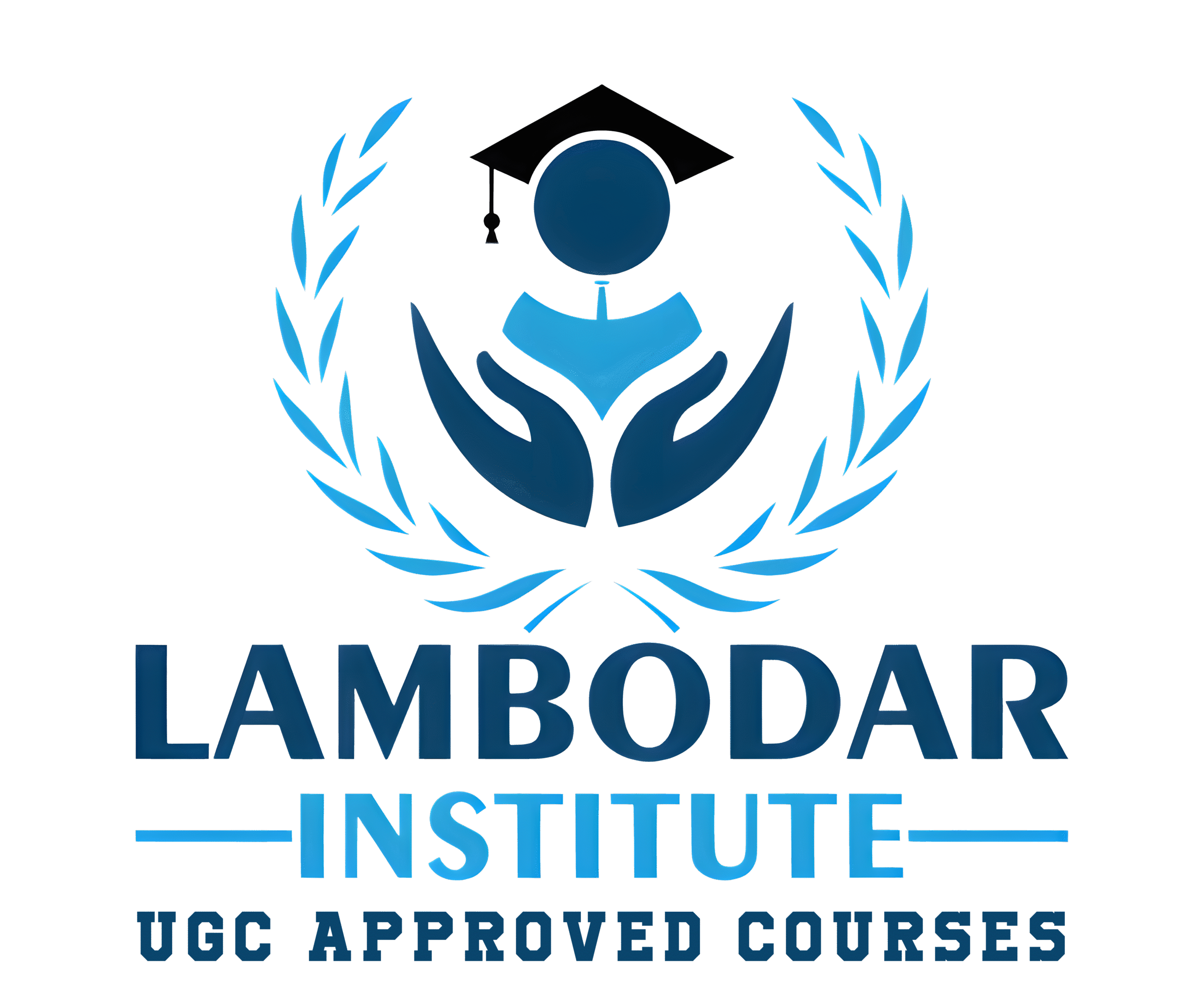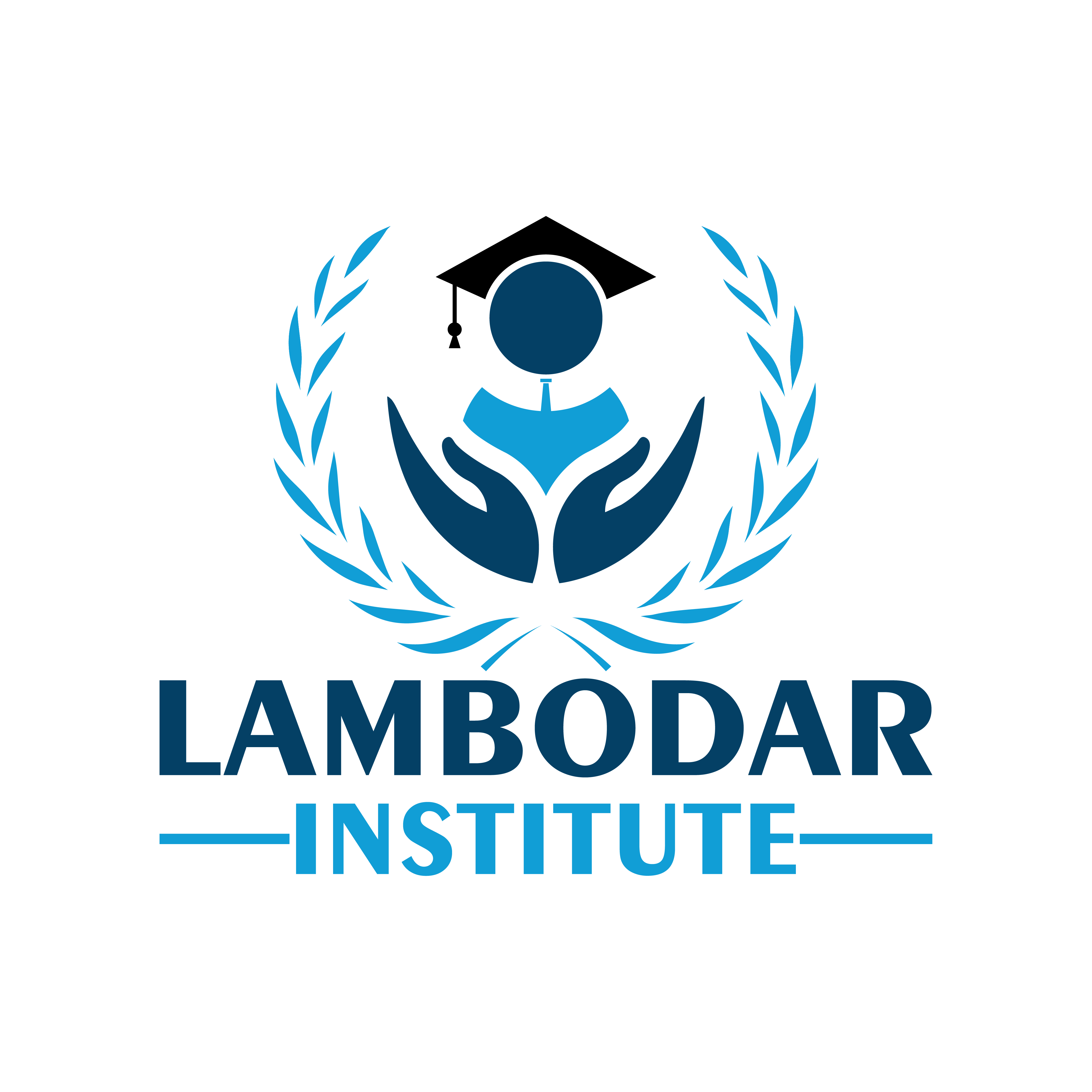When it comes to building a career in the medical field, many students often face a common dilemma: Should I choose paramedical courses or nursing courses? Both are highly respected professions that play vital roles in the healthcare system, but they differ significantly in terms of training, job roles, responsibilities, and career paths.
In this blog post, we’ll break down the key differences between paramedical and nursing courses, helping you choose the best option based on your interests, skills, and career goals.
What Are Paramedical Courses?
Paramedical courses are specialized training programs that prepare students to assist doctors in diagnostics, emergency care, therapy, operation theatre management, radiology, and laboratory testing.
Key Focus Areas:
-
Diagnostic services (X-ray, MRI, Lab Tests)
-
Emergency response (EMTs, trauma care)
-
Operation Theatre and Anesthesia Technology
-
Physiotherapy and rehabilitation
-
Dialysis, speech therapy, and more
Course Types:
-
Certificate Courses (6 months – 1 year)
-
Diploma Courses (1 – 2 years)
-
Degree Courses (3 – 4.5 years)
What Are Nursing Courses?
Nursing courses are focused on training students to become registered nurses or nurse practitioners, responsible for direct patient care, monitoring vital signs, administering medication, and assisting doctors during treatment.
Key Focus Areas:
-
Patient care and hygiene
-
Administering medications and injections
-
Monitoring patients’ progress
-
Assisting in surgeries and medical procedures
-
Mental and community health
Course Types:
-
ANM (Auxiliary Nurse Midwifery) – 2 years
-
GNM (General Nursing and Midwifery) – 3 years
-
B.Sc Nursing – 4 years
-
Post Basic B.Sc Nursing – 2 years
-
M.Sc Nursing – 2 years (for specialization)
Key Differences Between Paramedical and Nursing Courses
| Criteria | Paramedical Courses | Nursing Courses |
|---|---|---|
| Main Objective | Train technicians and therapists to assist in diagnosis, emergency care, and medical support services | Train nurses to provide patient care, medication, and assist doctors in treatment |
| Course Duration | 6 months to 4.5 years (depending on level) | 2 to 4 years (depending on level) |
| Eligibility | 10+2 (Science stream preferred) | 10+2 with Biology (minimum 45-50%) |
| Course Options | BMLT, BPT, Radiology, OT Tech, Dialysis Tech, EMT | ANM, GNM, B.Sc Nursing, Post Basic B.Sc Nursing |
| Job Roles | Lab Technician, Radiologist, Physiotherapist, OT Technician, Dialysis Technician | Staff Nurse, ICU Nurse, Pediatric Nurse, Surgical Assistant, Nursing Officer |
| Work Settings | Labs, diagnostic centers, emergency departments, rehabilitation clinics | Hospitals, nursing homes, community health centers, schools |
| Work Nature | Technical and supportive roles | Clinical and patient-care focused roles |
| Regulatory Body | Varies by course (e.g. AICTE, PCI, State Councils) | Indian Nursing Council (INC) |
| Career Growth | Can specialize in diagnostics or therapy fields; good overseas opportunities | Can become Nursing Superintendent, Nurse Educator, or Nurse Practitioner |
Salary Comparison
| Role | Starting Salary (INR/year) | Experienced Salary (INR/year) |
|---|---|---|
| Paramedical (e.g. Radiology, BMLT) | ₹2.5 – ₹5 LPA | ₹7 – ₹10+ LPA |
| Nursing (GNM/B.Sc Nursing) | ₹2.5 – ₹4.5 LPA | ₹6 – ₹8+ LPA |
Note: Salaries vary based on the sector (government or private), city, specialization, and country.
Career Scope in India & Abroad
Paramedical Scope:
-
India’s diagnostics and emergency care sector is growing fast.
-
High demand in private labs, diagnostic chains, trauma centers.
-
Skilled paramedics are in demand in Canada, Germany, UAE, UK, and Australia.
Nursing Scope:
-
Registered nurses are required in almost every hospital and health center.
-
Nurses are eligible for government jobs (Railways, AIIMS, Defence, ESIC).
-
International migration for nurses is high; B.Sc Nursing graduates are in demand in the US, Canada, Ireland, and Middle East countries.
Which One Should You Choose?
Choose Paramedical Courses if:
-
You are interested in technology-driven roles like radiology, lab testing, physiotherapy, or OT assistance.
-
You want to start working quickly with a short-term or diploma course.
-
You are comfortable working in labs or technical departments.
Choose Nursing Courses if:
-
You are passionate about patient care, communication, and long-term healthcare support.
-
You’re looking for a stable, government-eligible career with good growth.
-
You plan to work in clinical roles, both in India and abroad.
Paramedical & Nursing Courses at Lambodar Institute of Paramedical
At Lambodar Institute of Paramedical, we offer a wide range of UGC-recognized paramedical courses designed for industry placement.
Why choose us?
-
Modern labs and hands-on clinical training
-
Experienced faculty and practical workshops
-
Placement assistance in top hospitals and diagnostics
-
Career guidance for jobs in India and abroad
-
Frequently Asked Questions (FAQs)
Q1: Which is better—paramedical or nursing?
Ans: It depends on your interests. Choose paramedical for technical and diagnostic roles; choose nursing if you want to work closely with patients in care and treatment.
Q2: Is NEET required for paramedical or nursing?
Ans: No, NEET is not required for most paramedical or GNM/ANM nursing courses. B.Sc Nursing may require state-level entrance exams.
Q3: Which has more job opportunities in India?
Ans: Both fields have strong demand. Nursing offers more roles in hospitals and government sectors, while paramedical professionals are in high demand in diagnostics and private setups.
-
Final Thoughts
Both paramedical and nursing courses are pillars of the healthcare system. While nursing emphasizes patient care, paramedical focuses on diagnostics and technical expertise. In 2025 and beyond, both offer high-paying, meaningful careers in a rapidly growing healthcare ecosystem.
Choose wisely based on your interests, aptitude, and career goals.




